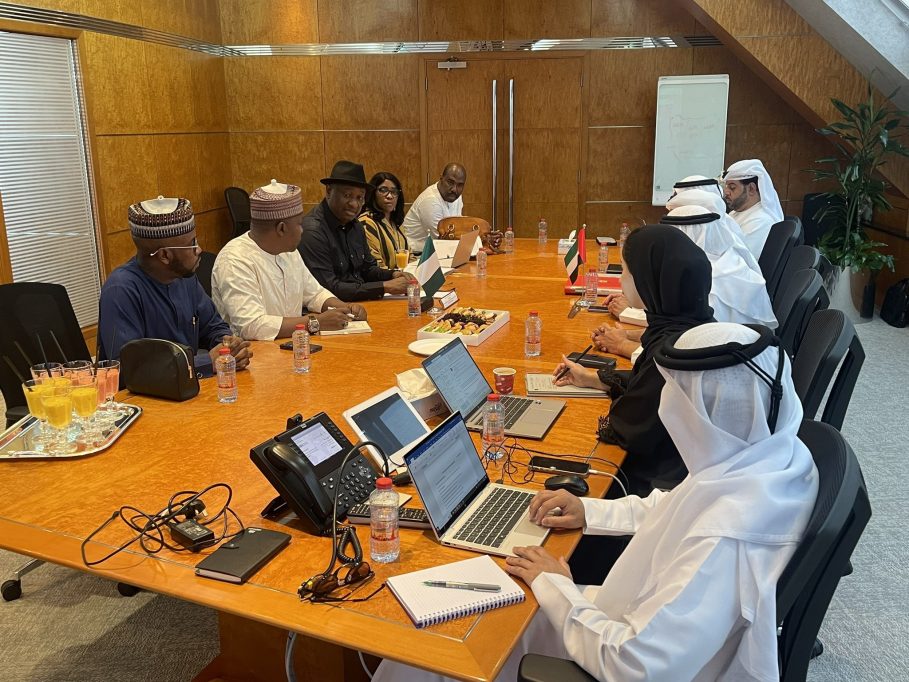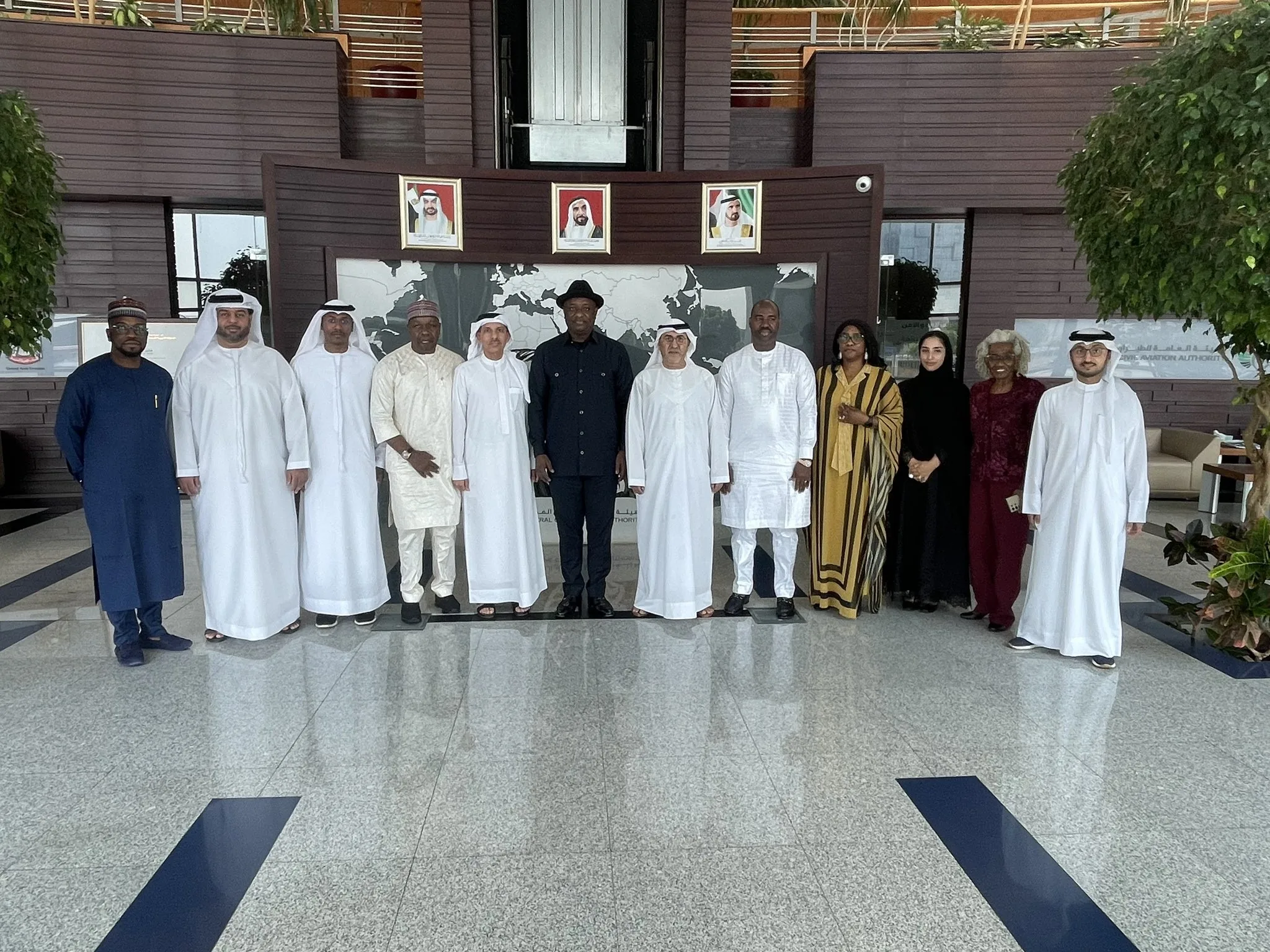Summary
Nigeria’s Minster of Aviation and Aerospace Development, Festus Keyamo, has concluded negotiations with the United Arab Emirate (UAE) for a new Bilateral Air Service Agreement (BASA) that will allow both countries enjoy reciprocal rights of direct flight operations.
Nigeria’s Minister of Aviation and Aerospace Development, Festus Keyamo, has concluded negotiations with the United Arab Emirates (UAE) for a new Bilateral Air Service Agreement (BASA) that will allow both countries to enjoy reciprocal rights of direct flight operations.
Join our WhatsApp ChannelKeyamo and his technical team from Nigeria’s aviation industry engaged in discussions on Friday, with UAE authorities to finalise issues ahead of Emirates Airlines’ resumption of flight operations to Nigeria on October 1.
The purpose of the Bilateral Air Service Agreement (BASA) is to guarantee more robust and beneficial aviation ties between the two countries.
In a statement, Tunde Moshood, SA Media and Communications to the Minister of Aviation and Aerospace Development, stated that the new BASA is intended to improve bilateral cooperation and set parameters for their new aviation partnership.
Moshood said: “The negotiations also yielded a significant agreement on reciprocal rights, ensuring that Nigerian airlines will soon have the opportunity to commence direct flight operations to the UAE.”
He emphasised that the reciprocal rights agreement is a significant development as it would help expand international connectivity, offering more options to travellers between the two countries.
Speaking on the negotiation, Keyamo said the BASA will guide both countries in their new relationship going forward.

The aviation minister stressed that the reciprocal operational rights will strengthen bilateral ties between UAE and Nigeria and also boost the global competitiveness of Nigeria’s aviation industry.
“Today, we firmly agreed on the reciprocal rights our local airlines will also have to begin flight operations to the UAE.
“We are pleased to have secured reciprocal operational rights for Nigerian airlines, which will not only deepen our bilateral ties but also strengthen the global competitiveness of Nigeria’s aviation industry,” Keyamo stated.
“As Emirates returns to Nigeria, we look forward to a thriving and mutually beneficial air service relationship,” he added.
Emirates had in May announced plans to resume services to Nigeria from 1 October 2024, operating a daily service between Lagos and Dubai.
This comes after two years of suspension of flights to Nigeria. The airline said the decision was due to its inability to repatriate revenue from Nigeria because of forex scarcity in the country.
“Without the timely repatriation of the funds and a mechanism in place to ensure that future repatriation of Emirates’ funds do not accumulate in any way, the backlog will continue to grow, and we simply cannot meet our operational costs nor maintain the commercial viability of our operations in Nigeria,” the airline had said.
However, the CBN had worked on clearing all valid foreign exchange backlogs, including that of foreign airlines.
Last month, stakeholders in the air travel industry raised concerns that ahead of the October 1 flight resumption, Emirates opened booking of tickets in dollars. They said it could lead to increased demands for dollars thereby putting pressure on the foreign exchange market and leading to increase in fares.
Victor Ezeja is a passionate journalist with six years of experience writing on economy, politics and energy. He holds a Masters degree in Mass Communication.
















Follow Us